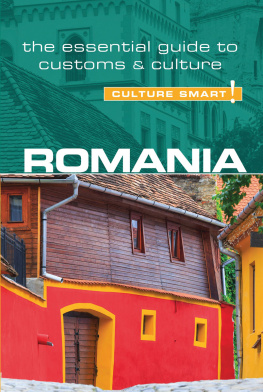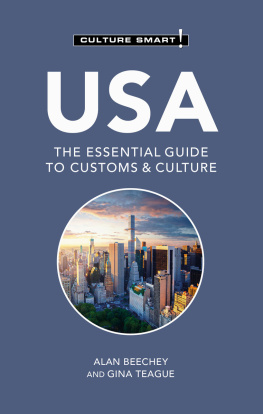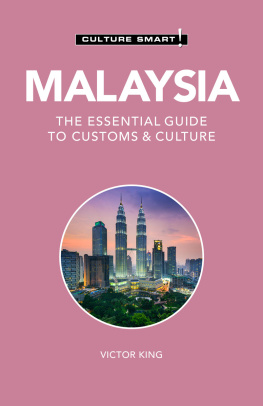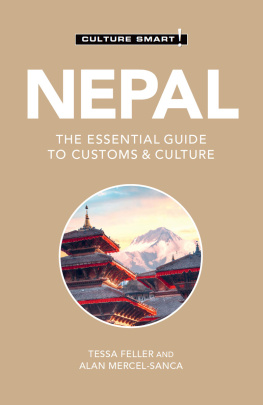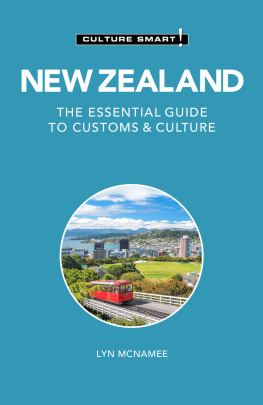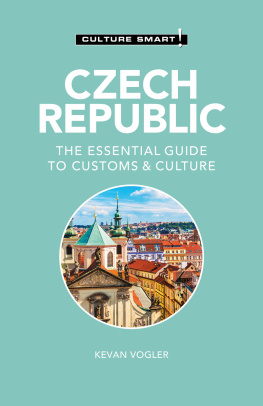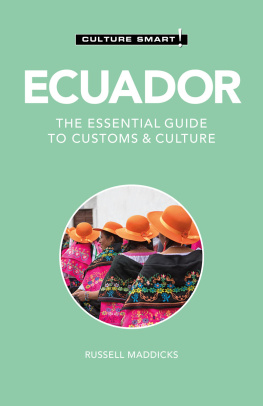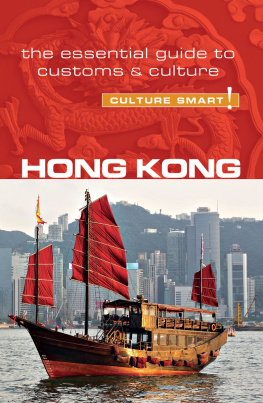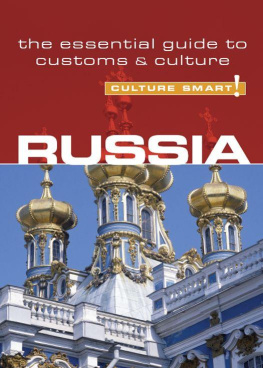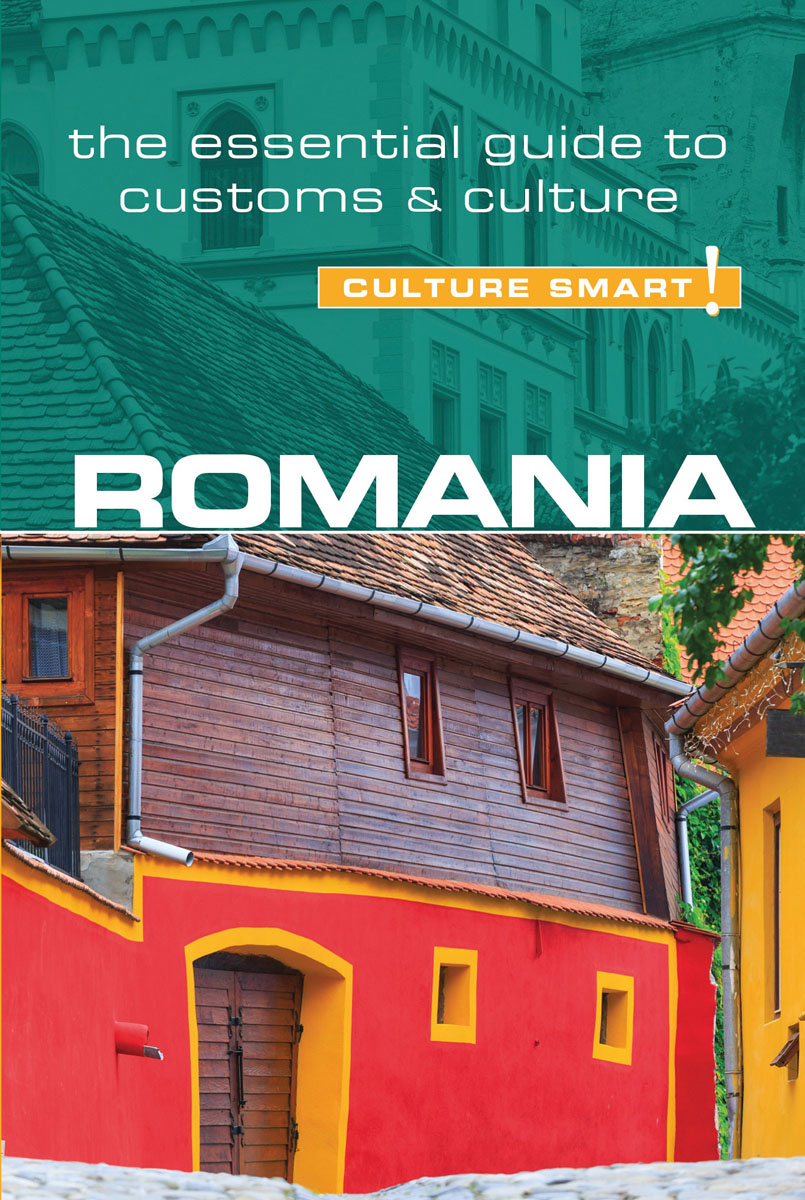
This book is available for special discounts for bulk purchases for sales promotions or premiums. Special editions, including personalized covers, excerpts of existing books, and corporate imprints, can be created in large quantities for special needs.
In the United Kingdom contact Kuperard publishers at the address below.
ISBN 978 1 85733 862 1
This book is also available as an e-book: eISBN 978 1 85733 863 8
British Library Cataloguing in Publication Data
A CIP catalogue entry for this book is available from the British Library
First published in Great Britain
by Kuperard, an imprint of Bravo Ltd
59 Hutton Grove, London N12 8DS
Tel: +44 (0) 20 8446 2440 Fax: +44 (0) 20 8446 2441
www.culturesmart.co.uk
Inquiries:
Series Editor Geoffrey Chesler
Design Bobby Birchall
Printed in Malaysia
Cover image: Medieval street view in Sighisoara. dziewul, Adobe Stock
Images on these pages are reproduced under Creative Commons Attribution Share-Alike licenses 1.0, 2.0, 2.5, 3.0 and 4.0: Apostolof.
Images on the following pages are reproduced under Creative Commons Attribution 2.0 and 2.5 Generic license: Alexandru Panoiu.
: Shutterstock 193145525 pathdoc.
Images on pages , are reproduced by courtesy of the Romanian National Tourist office, London.
Images on pages Bogdan.
About the Author
DEBBIE STOWE is a British author, travel writer, and freelance journalist. A graduate of University College London and City University, where she studied Periodical Journalism, she is the author of around twenty books. Her many travel guides for Thomas Cook Publishing run from the Maldives to Manchester to Mediterranean Cruising. She also writes on human rights, economics, film, and restaurants. Her work has appeared in print and online, in publications including The Telegraph, The Times, The Independent, the Evening Standard, and Gay Times. She lives in Bucharest with her Romanian partner and son.
The Culture Smart! series is continuing to expand.
For further information and latest titles visit
www.culturesmart.co.uk
The publishers would like to thank CultureSmart!Consulting for its help in researching and developing the concept for this series.
CultureSmart!Consulting creates tailor-made seminars and consultancy programs to meet a wide range of corporate, public-sector, and individual needs. Whether delivering courses on multicultural team building in the USA, preparing Chinese engineers for a posting in Europe, training call-center staff in India, or raising the awareness of police forces to the needs of diverse ethnic communities, it provides essential, practical, and powerful skills worldwide to an increasingly international workforce.
For details, visit www.culturesmartconsulting.com
CultureSmart!Consulting and CultureSmart! guides have both contributed to and featured regularly in the weekly travel program Fast Track on BBC World TV.
contents
Map of Romania

introduction
Of all the Eastern European states, Romania probably suffers from the worst reputation, owing mostly to the bleak years of Communism prior to the violent revolution of 1989 and the tragedy of its abandoned children in the 1990s, as well as more recent immigration anxieties. Move beyond the media images, however, or the clichs of Dracula and creepy Transylvanian castles, and you will discover a fascinating, dynamic country that exerts an inexplicable pull even as it frustrates and bewilders you.
Romanias citizens have retained their seize the day mentality despite the deprivations and repression of nearly half a century of Communist mismanagement. While their country rushes zealously to embrace capitalism and conspicuous consumptiona bruising recession notwithstandingthey still face the daily problems of a transition economy, which they bear stoically with a shrug and a resigned This is Romania.
Culture Smart! Romania looks at the ways the past has shaped present-day Romanian attitudes and behavior. We examine the Latin temperament that sees drivers gesticulating and hooting with a fervor that suggests their manhood depends on it. We meet people at home in the grim Communist apartment complexes that they do their best to render cheerful and into which they will welcome you with the very best of what they have. We study them at workwhere some stay late into the night determined to forge a better life for themselves, and others scroll down their Facebook feed while the boss isnt lookingand at play, partying until dawn in basement dives.
Romanian life is not for the fainthearted. The massive bureaucracy, the occasional curtness, the negative and limiting stereotypes of women and Roma, the appalling poverty, and the risible behavior of the fioithe ill-mannered nouveau richecan all be dispiriting. Such drawbacks are more than outweighed by what Romania has to offer, however. High on the plus side is a marvelous sense of anything goes. Park right across the sidewalk. Cell phone ringing in a concert? Just answer it. Feeling amorous in the park? No problem. Running late? Dont worry about it. Theres little you can do here that will offend.
Romania also offers great business or career opportunities. Expatriate status confers respect and authority. Here, the idea thats been done a dozen times back home is new on the market. Doing difficult things is simple in Romania (its the simple things that are difficult to do), and Western money goes a long way.
But the biggest draw is the warmth of the people, and the wonderful feeling of being in a place where something is happening. If you can negotiate the pitfalls (and we aim to help you do that), youll discover a place that will continually surprise and challenge youdifficult, sometimes, to live in, but almost impossible to leave.
Key Facts
Official Name | Romania (Romnia) | Member of the EU since Jan. 1, 2007 |
Capital City | Bucharest (Bucureti) | Pop. 1.8 million (approx.) |
Main Cities | Braov, Cluj-Napoca, Constana, Craiova, Galai, lai, Oradea, Ploieti, Timioara |
Area | 91,699 square miles (237,500 sq. km) |
Borders | Hungary, Moldova, Ukraine, Bulgaria, Serbia |
Climate | Transitional between temperate and continental, with July the hottest month and January the coldest. | July temperature averages 70F (21.7C); January 30F (1.1C) |
Currency | Leu (meaning lion) = 100 bani | Currency code RON |
Population | 19.7 million (est. 2015) |
Ethnic Makeup | Romanian 88.6%, Hungarian 6.5%, Roma 3.2%, others 1.7% (2011 census) |
Language | Romanian is the main language; Magyar is widely spoken in areas with a high concentration of ethnic Hungarians. | English has now taken over from Russian and French as the main foreign language taught in schools. |
Next page
